Lully : Psyché
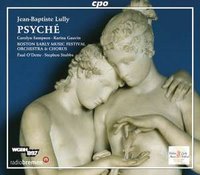 Boston Early Music Festival Orchestra and Chorus
Boston Early Music Festival Orchestra and ChorusPaul O’Dette & Stephen Stubbs
Cpo 777 367-2 (3CD: 173 min 42 s)
***** $$$$
Labels: classical CDs, français, Jean-Baptiste Lully, opera, product_review
 Boston Early Music Festival Orchestra and Chorus
Boston Early Music Festival Orchestra and ChorusLabels: classical CDs, français, Jean-Baptiste Lully, opera, product_review
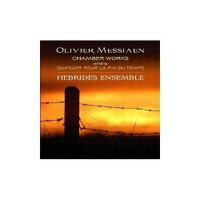 Hebrides Ensemble
Hebrides EnsembleLabels: chamber, classical CDs, français, Messiaen, product_review
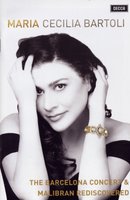 Cecilia Bartoli, mezzo-soprano
Cecilia Bartoli, mezzo-sopranoLabels: Cecilia Bartoli, dvd, english, mezzo-soprano, product_review, voice
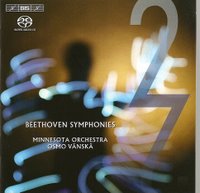 Minnesota Orchestra / Osmo Vänskä
Minnesota Orchestra / Osmo VänskäLabels: beethoven, classical CDs, english, product_review
Labels: birthdays, Eleanor Robson Belmont, Josef Lhévinne, piano
 Un film d’Olivier Mille
Un film d’Olivier MilleLabels: dvd, français, Messiaen, product_review
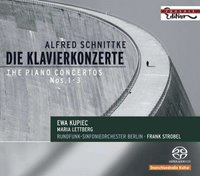 Ewa Kupiec, Maria Lettberg, piano; Rundfunk-Sinfonieorchester Berlin / Frank Strobel
Ewa Kupiec, Maria Lettberg, piano; Rundfunk-Sinfonieorchester Berlin / Frank StrobelLabels: Alfred Schnittke, classical CDs, français, orchestra, piano, product_review
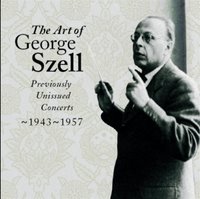 New York Philharmonic-Symphony Orchestra, The Cleveland Orchestra / George Szell
New York Philharmonic-Symphony Orchestra, The Cleveland Orchestra / George SzellLabels: archive, classical CDs, english, George Szell, product_review
Labels: birthdays, Margaret Tan, piano
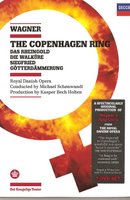 Johan Reuter (Wotan I), James Johnson (Wotan II, Wanderer), Michael Kristensen (Loge), Stephen Milling (Fasolt/Hunding), Christian Christensen (Fafner), Sten Byriel (Alberich), Bengi-Ola Morguy (Mime), Randi Stene (Fricka), Anne Magarethe Dahl (Freia), Susanne Resmark (Erda), Stig Andersen (Siegmund/Siegfried), Gitta-Maria Sjöberg (Sieglinde), Iréne Theorin (Brünnhilde), Gisela Stille (Waldvogel), Guido Paevatalu (Gunther), Peter Klaneness (Hagen), Ylva Kihlberg (Guntrune), et al; Royal Danish Opera Chorus / Philip White; Royal Danish Orchestra / Michael Schønwandt
Johan Reuter (Wotan I), James Johnson (Wotan II, Wanderer), Michael Kristensen (Loge), Stephen Milling (Fasolt/Hunding), Christian Christensen (Fafner), Sten Byriel (Alberich), Bengi-Ola Morguy (Mime), Randi Stene (Fricka), Anne Magarethe Dahl (Freia), Susanne Resmark (Erda), Stig Andersen (Siegmund/Siegfried), Gitta-Maria Sjöberg (Sieglinde), Iréne Theorin (Brünnhilde), Gisela Stille (Waldvogel), Guido Paevatalu (Gunther), Peter Klaneness (Hagen), Ylva Kihlberg (Guntrune), et al; Royal Danish Opera Chorus / Philip White; Royal Danish Orchestra / Michael SchønwandtLabels: dvd, english, product_review, Richard Wagner, Ring
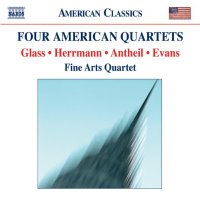 Fine Arts Quartet
Fine Arts QuartetLabels: classical CDs, français, product_review, quartet
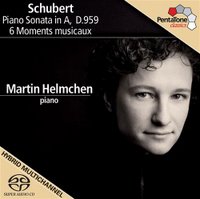 Martin Helmchen, piano
Martin Helmchen, pianoLabels: classical CDs, français, piano, product_review, schubert
Labels: birthdays, composer, Elliott Carter, Hector Berlioz
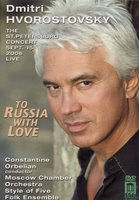 Dmitri Hvorostovsky, baritone
Dmitri Hvorostovsky, baritoneLabels: baritone, dvd, english, product_review, voice
 Lang Lang avec David Ritz
Lang Lang avec David RitzLabels: français, Lang Lang, livre, product_review
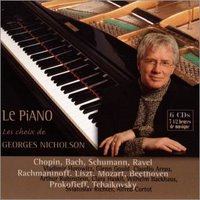 Horowitz; Gould; Arrau; Rubenstein; Haskil; Backhaus; Richter; Cortot
Horowitz; Gould; Arrau; Rubenstein; Haskil; Backhaus; Richter; CortotLabels: Chopin, classical CDs, Cortot, english, Glenn Gould, piano, product_review, Vladimir Horowitz
Labels: birthdays, composer, César Franck, Olivier Messiaen, organ
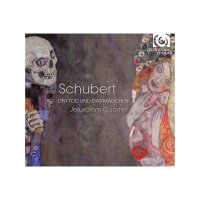 Jerusalem Quartet (Alexander Pavlovsky, Sergei Bresler, violin; Amichai Grosz, viola; Kyril Zlotnikov, cello)
Jerusalem Quartet (Alexander Pavlovsky, Sergei Bresler, violin; Amichai Grosz, viola; Kyril Zlotnikov, cello)Labels: classical CDs, english, product_review, quartet, schubert, strings
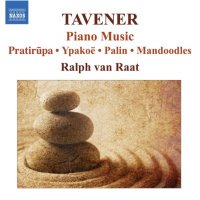 Ralph van Raat, piano
Ralph van Raat, pianoLabels: classical CDs, français, piano, product_review, van Raat
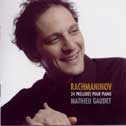 Mathieu Gaudet, piano
Mathieu Gaudet, pianoLabels: classical CDs, english, piano, product_review, Rachmaninov
Labels: birthdays, Elisabeth Schwarzkopf, Joshua Bell, singer, violin
Labels: birthdays, Bohuslav Martinů, composer, Jean Sibelius
Labels: birthdays, composer, Pietro Mascagni